Ahead of the Lions rugby tour, have the Wallabies finally got their swagger back?
After two decades buried under a mountain of blood, mud and heavy debt, Australian rugby can finally see some gold and green shoots coming through as the British and Irish Lions Tour returns in June.
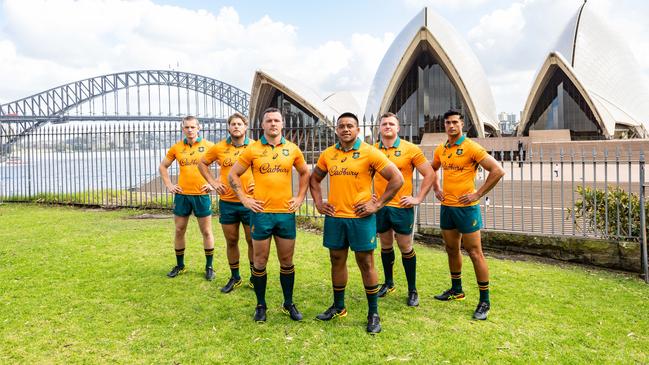
After two decades buried under a mountain of mud, blood and tears – not to mention heavy debt – Australian rugby can finally see some gold and green shoots coming through. The Wallabies have their bounce back, the Wallaroos women’s side is developing both depth and resilience, and Australia will host men’s and women’s Rugby World Cups in 2027 and 2029.
As for that lazy $80 million IOU, it could be wiped as early as July when the British & Irish Lions land for a historic tour. Nearly 500,000 tickets have already been sold. “It’s exciting to have global events coming to Australia,” says Wallabies star Andrew Kellaway. “The Lions Tour is rich in tradition and a World Cup is rugby’s Olympics so it all presents unique opportunities for players, fans and the game as a whole.”
The era of infighting, scant crowds and piffling broadcast deals may be over, too. “We’re nearly where we want to be,” says Rugby Australia chief executive and former Wallaby warrior Phil Waugh. “The reboot is over, the rebuild has begun and a golden era is coming. Most importantly, it feels like we’re winning back the trust we lost out there.”
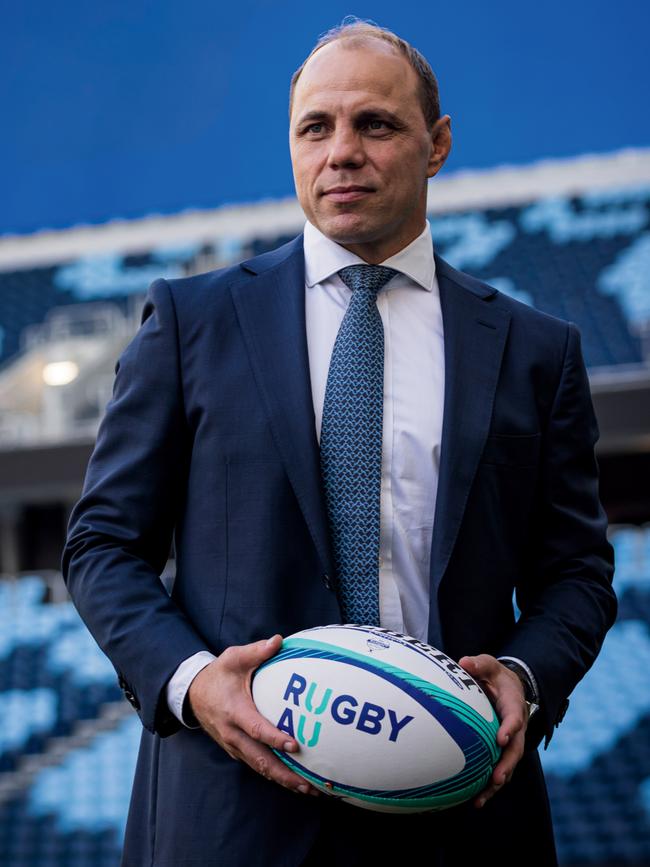
Out there. That phrase neatly captures where Australian rugby has been since 2003; the year Australia last hosted a World Cup. The Wallabies made the final (losing to England 20-17), sold nearly two million tickets and made a whopping $45 million profit. But instead of investing it, the game’s governors splashed it on building a national footprint with Perth’s Western Force (2006) and Melbourne Rebels (2011).
More than $28 million was frittered in four years. “The game they play in heaven” sank into hell. The Wallabies, now ranked eighth in the world, haven’t beaten New Zealand in a Bledisloe Cup series in 23 years and it’s been 26 years between World Cup titles. “History won’t be kind to our code,” admits Ben Scott, chair of the Australian Rugby Foundation (ARF), a fundraising body tasked with restoring rugby’s fortunes. “What’s important now is, we learn from our mistakes, plan for the future and get stability in the game.”
In 10 years the ARF has raised $7 million for pathway academies and community rugby and built a “future fund” of $20 million to “give the game ballast and an annual income to underwrite impactful projects,” says Scott. “We’re two years into ‘the golden decade’. We’re finding some success on the field and integrated a high-performance system nationally. Finally there’s momentum. It’s happening.”
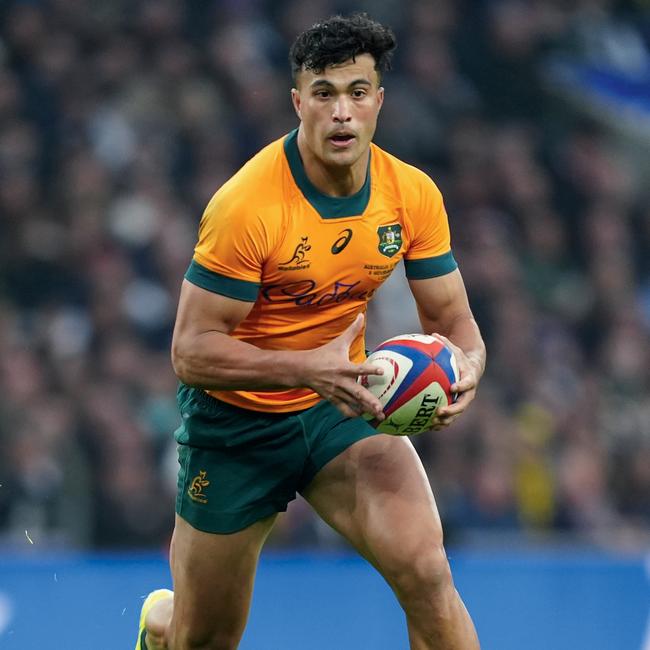
Another big fix for the game has been centralisation: bringing player contracts and high-performance programs from club, super and national levels into one database. The cash-strapped NSW Waratahs and ACT Brumbies are under Rugby Australia’s operational control while Queensland Reds and Western Force remain independent.
By disbanding the debt-ridden Melbourne Rebels last year and dispersing their roster across the states, Rugby Australia united the code’s four warring clans. All Australian sides have made flying starts to the 2025 Super Rugby Pacific season. Kellaway understands better than most. The former Rebel is now back with the Waratahs. “Winning pays everyone’s bills and brings fans to the game,” he says. “Australia has got a new generation of epic attacking players who can pass, kick, step and run but we also have to be able to adapt on the run and ‘win ugly’ if that’s what it takes.”
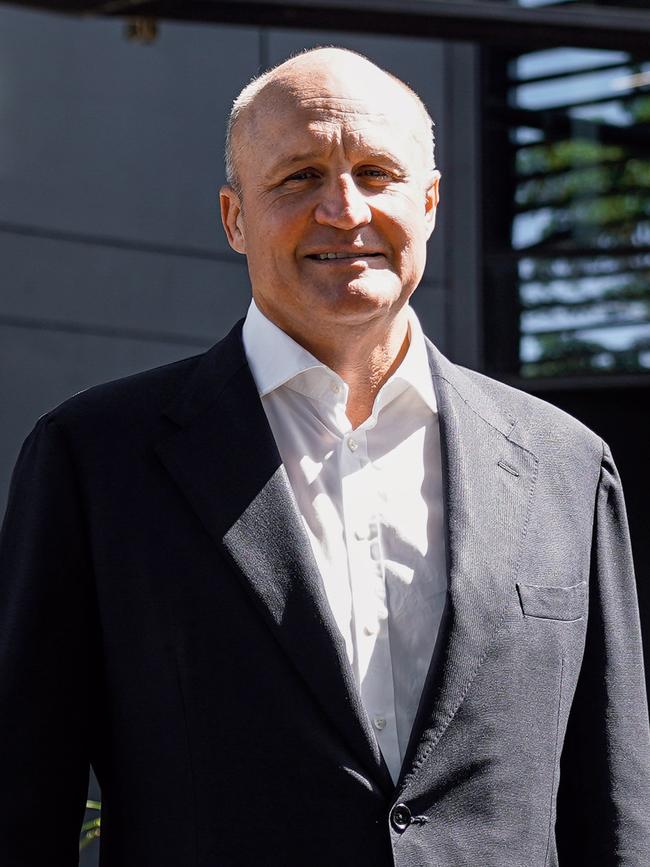
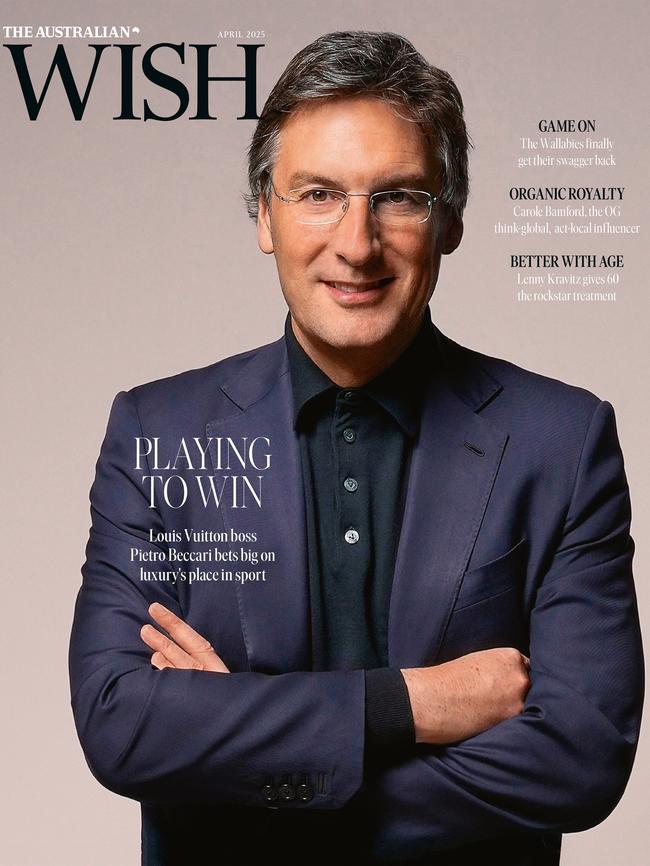
New sponsors are being sought, a new broadcast deal is on the table from 2026 (Rugby Australia’s $30 million broadcast deal with Nine/Stan is dwarfed by the AFL’s $4.5 billion deal for the 2025-2031 seasons with Seven/Foxtel) and loyalists old and new are being shaken down to help rugby’s renaissance.
“Rugby is a game of the heart,” says Matt Jensen of M.J. Bale, official tailor to the Wallabies since 2018. “We share those values of authenticity, character and integrity and want the game to flourish, so it’s impossible to be a passive observer.” Cadbury is also committed as principal sponsor of the men’s and women’s sides until 2029.
“Rugby clubs deliver social cohesion, friendships and connections in communities,” says Josephine Sukkar, principal of Buildcorp, sponsor of the Wallaroos at August’s 2025 World Cup. “If we lose that, we lose so much. We believe rugby is for everyone, so we love standing shoulder-to-shoulder with the game and making our emotional connection to rugby a commercial partnership, too.”
Crucially, that financial success is being replicated on the field. In January, Australia’s women’s rugby sevens side edged New Zealand to win their first title at home in seven years. In November, a Kellaway try led the Wallabies to a last-gasp victory over England at Twickenham.
“The Wallabies generate 86 per cent of our revenue,” says Waugh. “We’ve been focusing on four-year cycles around World Cups. I’m a firm believer the most important piece of the puzzle is winning between cups. That’s where we get consistent engagement and connection to the community.”
Supporter trust was badly damaged at the 2023 World Cup in France when the Eddie Jones-coached Wallabies imploded to miss the finals for the first time. “When [former coach Dave Rennie] was moved on we felt a bit betrayed,” Kellaway admits. “It made for a horrible environment in France. We went into survival mode as a team and started second-guessing if we really had what it took to win games.”
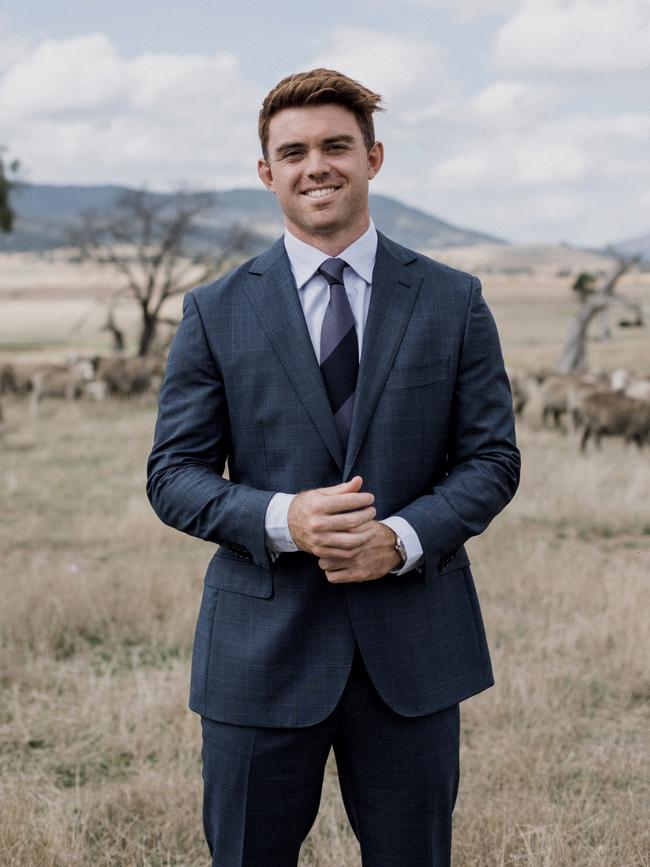
Kellaway says the appointment of former Ireland and All Blacks guru Joe Schmidt as head coach changed everything. “We were such a raw group, but Joe has instilled discipline and consistency. He told us if we wanted to change how we were perceived outside, we had to change the dynamic inside.”
Schmidt’s February resignation was disappointing but not a surprise. The 59-year-old has a son requiring around-the-clock care and always intended his stint to be a short-term rescue mission. And after guiding the Wallabies to a 6-7 win-loss in 2024 and blooding 15 new players, the swagger is back. “We’re in a great place as a team, grins Kellaway. “We’ve got a massive amalgam of cultures and characters. Incredible athletes, freaks of nature. Huge, fast, powerful players who are also fantastic human beings. We’re a happy, funny bunch of characters, too – a team Australia will be very proud of.”
“The progress the Wallabies have made under Joe Schmidt in the past 12 months is evident in the volume of high-quality coaches from around the world who have reached out to express interest in the Wallabies job,” adds Waugh. “We are well advanced in the recruitment process and an announcement is not far away.”
Last year’s successful spring tour against the Home Nations gave Schmidt a battle plan for how the Wallabies can beat the Lions in July’s three-test series. It also gave Australian rugby its first glimpse of the game’s new pin-up, Joseph-Aukuso Suaalii, a prodigal rugby son wooed back from the NRL on a three-year deal worth $4.8 million. “The trend in every sporting market is that fans connect with individual profiles,” says Waugh. “Rugby has been guilty of ignoring that in the past. Joseph comes with an individual brand and can be the face of the Australian game but also global rugby.”
The 2023 World Cup injected $1.5 billion into France’s economy and Australia’s 2027 jamboree, featuring 24 teams not 20, offers a potentially bigger windfall. Indeed, with former Wallaby Brett Robinson recently elected chair of World Rugby, the code is building steam in Australia to again vie with NRL and AFL for allegiances. “Australia is the canary in the coal mine for world rugby because of the competitive sport landscape we play in,” says Waugh. “After the Lions [Tour], there’s two home World Cups and sevens rugby at the 2032 Olympics in Brisbane. If we excite and engage fans in these years, we’ll become incredibly powerful for many generations to come.”
This story is from the April issue of WISH.




To join the conversation, please log in. Don't have an account? Register
Join the conversation, you are commenting as Logout